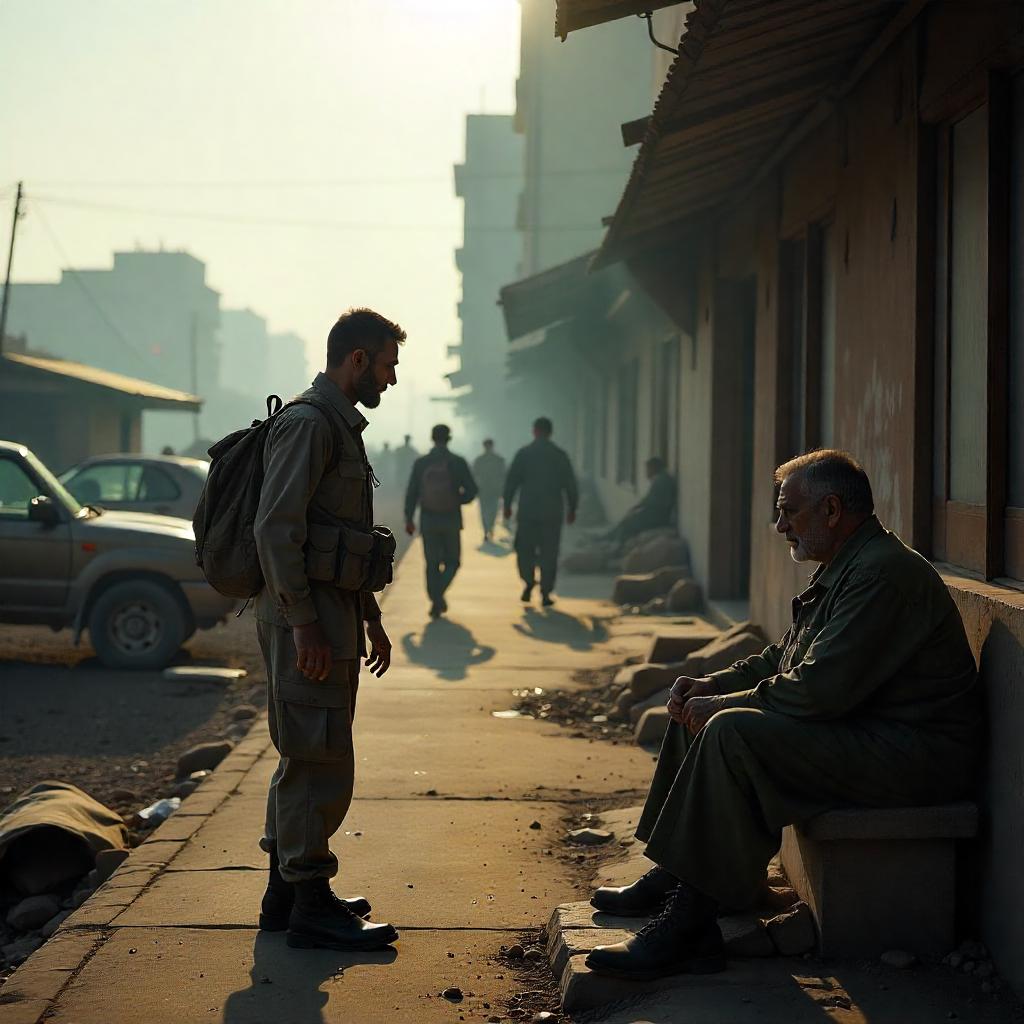On May 9, 2025, the International Monetary Fund (IMF) approved $2.4 billion in fresh funding for Pakistan—$1 billion under the Extended Fund Facility (EFF) and $1.4 billion under the new Resilience and Sustainability Facility (RSF). While these funds are meant for economic stabilization and climate resilience, critics argue that Pakistan’s budget system is too opaque, and even IMF money can indirectly support military spending.
Defense Unaffected by Financial Collapse
Despite being in financial distress, Pakistan continues to invest heavily in its military, allocating over $7 billion for defense in 2025. The country’s GDP stands at around $236 billion, yet it consistently acquires fighter jets, drones, submarines, and warships. Analysts point out that the military remains well-funded even as the civilian government struggles with economic collapse.

China: The Arms Supplier and Banker
Pakistan’s military procurement is sustained largely by China, which provides over 80% of the country’s arms. More importantly, China offers flexible financing—credit with low interest rates, long grace periods, and delayed repayment. This allows Pakistan to acquire weapons without needing immediate cash, ensuring its military capabilities remain intact.
A Military-Controlled Commercial Empire
The Pakistani military runs its own vast commercial operations, including farmland, cement production, real estate, and investment bodies. This commercial independence allows the military to generate and spend money outside the civilian government’s control. In effect, the military functions as a parallel economic system within the state.
Decades of International Aid Enabled Military Dominance
Since 1948, Pakistan has received over $55 billion in foreign aid from countries like the U.S., Canada, Britain, and others. Former ambassador Husain Haqqani noted that unlike countries such as South Korea and Taiwan, which used aid to build their economies, Pakistan used it to strengthen its military while maintaining its adversarial stance toward India.
IMF’s Repeated Support Despite Lack of Reform
The new IMF funding package follows a long pattern of financial bailouts for Pakistan, with little pressure or enforcement on the country to curb defense spending. Critics argue that the IMF’s financial lifelines enable Pakistan to avoid reforming its military-dominated budget priorities.
Haqqani’s Caution Still Resonates
Years ago, Husain Haqqani said that Pakistan repeatedly returned to the U.S. for help despite ignoring conditions for reform, because “Uncle Sam pays the bills.” His observation remains relevant today, as Pakistan continues to balance on financial aid while keeping its military spending untouched.
